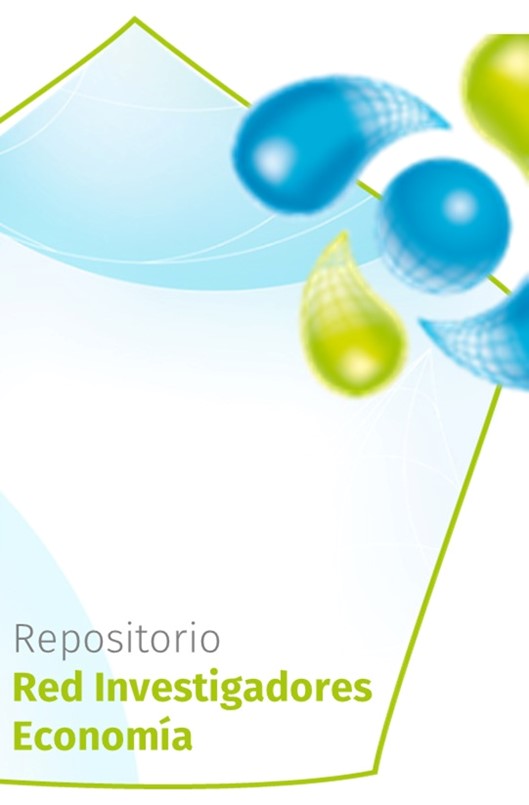A trade-off from the future: How risk aversion may explain the demand for illiquid assets
| dc.audience | Researchers | eng |
| dc.audience | Students | eng |
| dc.audience | Teachers | eng |
| dc.contributor.institucion | Universidad del Rosario | es |
| dc.coverage.ciudad | Bogotá | es |
| dc.creator | Ferraz, Eduardo | |
| dc.creator | Mantilla, César | |
| dc.date.accessioned | 2022-09-13T18:44:40Z | |
| dc.date.available | 2022-09-13T18:44:40Z | |
| dc.date.created | 2022-09-13 | |
| dc.description.abstract | We use a three-period model adopting a recursive definition of consumption to explore the optimal delegation that a present self, aware that her near-future self is present-biased but better informed, will make to protect her far-future self against income shocks. The model captures the present self's trade-off between using commitment mechanisms, restricting the near-future self's agency through illiquid savings, and profiting from the near-future self's better information about future shocks. Our main result states that agents with higher risk aversion can cover better against utility losses from time-inconsistent consumption through the commitment mechanism. Given the evidence of women being more risk-averse than men, this result provides the micro-foundation for the gender gap in adopting financial commitment devices, especially among single individuals. | eng |
| dc.format.extent | 27 páginas | |
| dc.format.mimetype | ||
| dc.identifier.uri | https://repositorio.redinvestigadores.org/handle/Riec/119 | |
| dc.language.iso | eng | |
| dc.relation.ispartof | Documentos de Trabajo | spa |
| dc.relation.number | No. 97 | |
| dc.relation.repec | https://ideas.repec.org/p/rie/riecdt/97.html | |
| dc.rights.accessRights | Open Access | eng |
| dc.rights.cc | Atribucion-NoComercial-CompartirIgual CC BY-NC-SA 4.0 | |
| dc.rights.spa | Acceso abierto | |
| dc.rights.uri | https://creativecommons.org/licenses/by-nc-sa/4.0/ | eng |
| dc.subject.jel | D11 - Consumer Economics: Theory | es |
| dc.subject.jel | D81 - Criteria for Decision-Making under Risk and Uncertainty | es |
| dc.subject.jel | D90 - Micro-Based Behavioral Economics: General | es |
| dc.subject.jel | G40 - Behavioral Finance: General | es |
| dc.subject.keyword | commitment devices | eng |
| dc.subject.keyword | dynamic inconsistency | eng |
| dc.subject.keyword | Epstein-Zin preferences | eng |
| dc.subject.keyword | present bias | eng |
| dc.subject.lemb | <LEMB> | |
| dc.title | A trade-off from the future: How risk aversion may explain the demand for illiquid assets | es |
| dc.type | Working paper | eng |
| dc.type.hasversion | Published Version | |
| dc.type.spa | Documentos de Trabajo | spa |
Files
Original bundle
1 - 1 of 1

- Name:
- Working paper Red Investigadores de Economía No. 97
- Size:
- 562.97 KB
- Format:
- Adobe Portable Document Format
- Description:
- Working paper Red Investigadores de Economía No. 97
License bundle
1 - 1 of 1

- Name:
- license.txt
- Size:
- 7.52 KB
- Format:
- Item-specific license agreed upon to submission
- Description:






